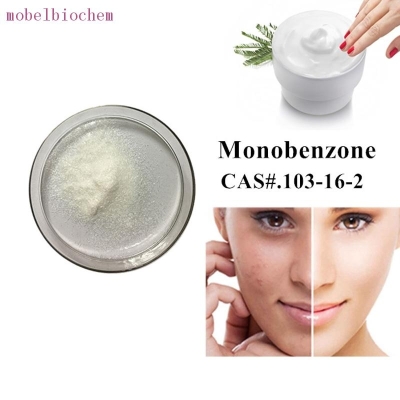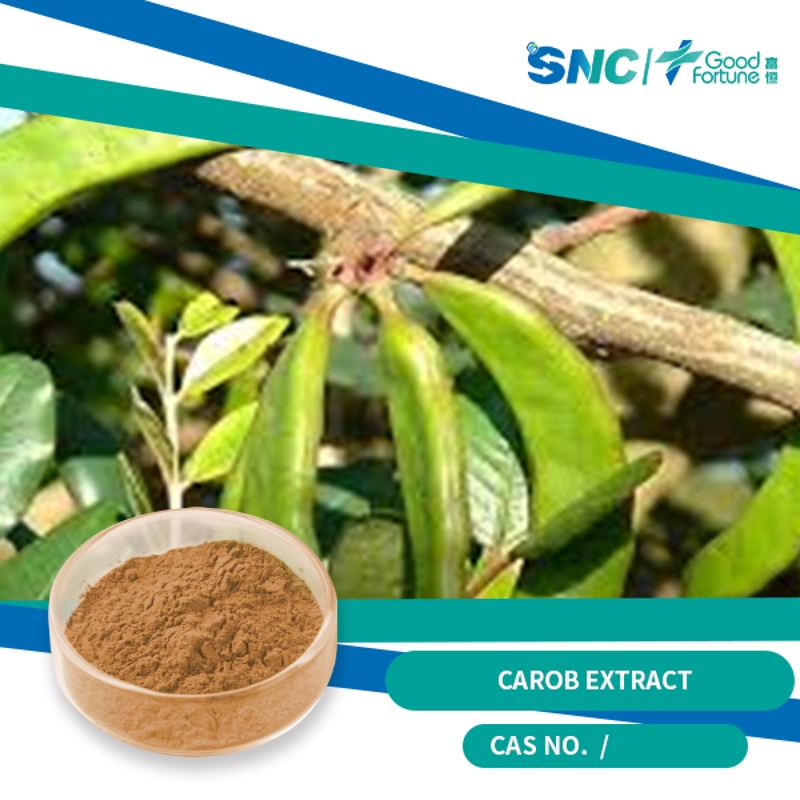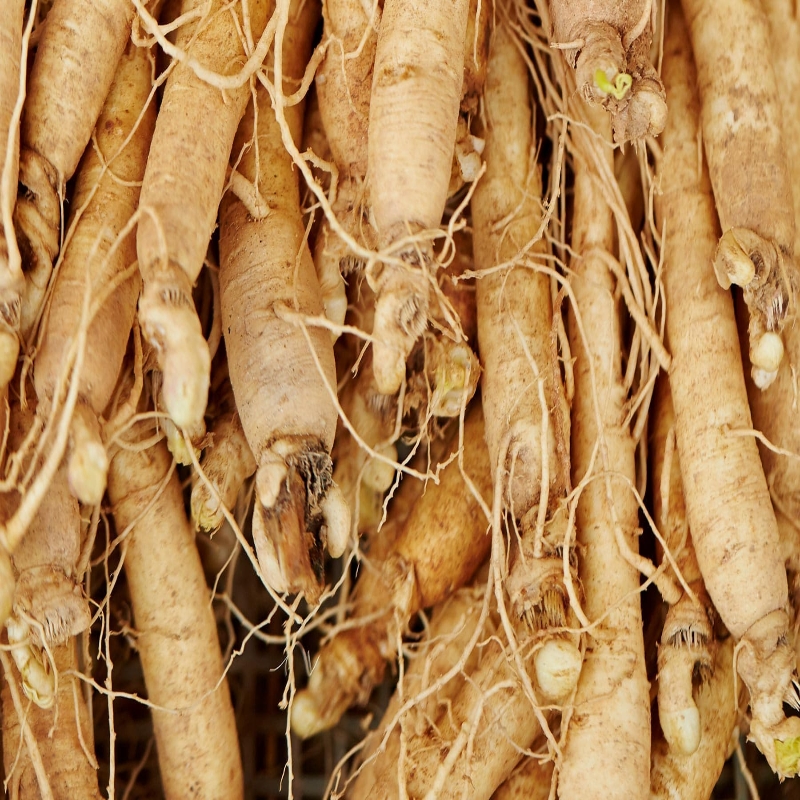Bilberry extract can inhibit colorectal cancer cells
-
Last Update: 2012-03-14
-
Source: Internet
-
Author: User
Search more information of high quality chemicals, good prices and reliable suppliers, visit
www.echemi.com
Recently, researchers from Harbin Medical University found that the active ingredients such as flavonol, proanthocyanidins, terpenoids and phenols in blueberry extract can significantly inhibit the proliferation of colorectal cancer cells and reduce their invasion and metastasis ability As a perennial shrub, bilberry originated in northern Europe, North America and other places It has been introduced and domesticated since 1980s in China Around the world, bilberry has been used to treat diabetes and eye diseases With the increasing research on blueberry, its extensive antitumor effect has attracted more and more attention It is generally believed that this is related to procyanidins and other phenolic and non phenolic components Liu Ming, a professor of oncology surgery in the Fourth Affiliated Hospital of Harbin Medical University, prepared the blueberry extract into a plant chemical substance that can be used in the large intestine, and studied the chemical prevention effect of blueberry after gastrointestinal tract digestion in vitro by simulating the rational environment of human digestion The results showed that blueberry extract can significantly inhibit the proliferation of colorectal cancer cells, effectively resist the invasion and metastasis of colorectal cancer cells, and has a significant protective effect on the DNA damage of colorectal cancer cells induced by hydrogen peroxide In a certain concentration range, these positive effects are time-dependent and concentration dependent It was also found that bilberry extract could block the proliferation of colorectal cancer cells in the period of G0-G1, and significantly reduce the expression of VEGF in tumor cells.
This article is an English version of an article which is originally in the Chinese language on echemi.com and is provided for information purposes only.
This website makes no representation or warranty of any kind, either expressed or implied, as to the accuracy, completeness ownership or reliability of
the article or any translations thereof. If you have any concerns or complaints relating to the article, please send an email, providing a detailed
description of the concern or complaint, to
service@echemi.com. A staff member will contact you within 5 working days. Once verified, infringing content
will be removed immediately.







